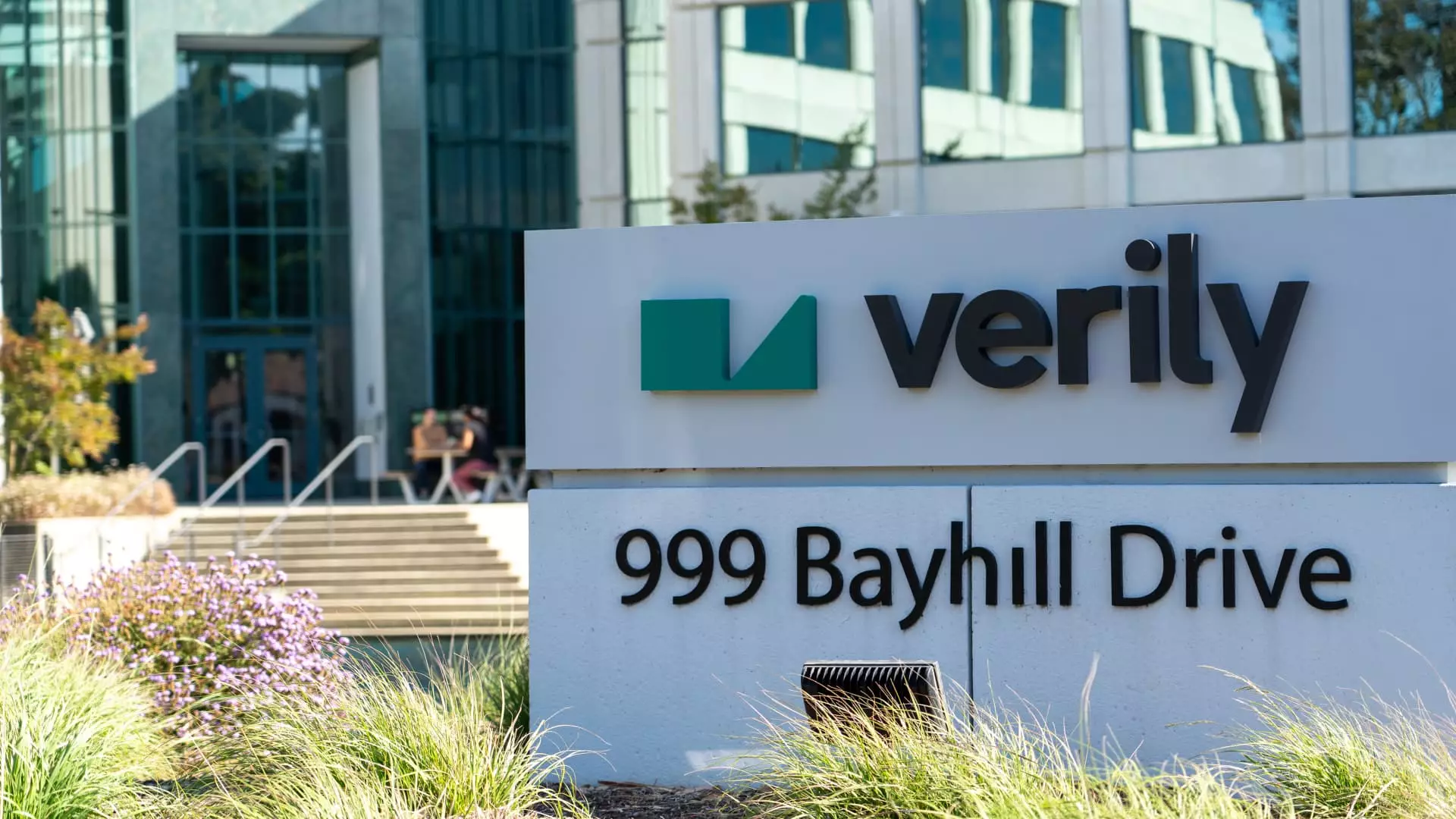In a notable move, Verily, a sister company of Google operating under the Alphabet umbrella, has opted to divest its stop-loss insurance arm, Granular Insurance Company, to Elevance Health. This strategic decision, confirmed by the health technology enterprise to CNBC, mirrors a broader trend of transformation within Verily—a company that has been navigating a challenging landscape in healthcare innovation. The specifics of the deal remain undisclosed, but it signals a significant pivot for Verily as it charts its course in an ever-evolving industry.
Founded initially as Coefficient Insurance Company in 2020 with substantial backing from Swiss Re Group’s commercial insurance unit, Granular was created to serve self-funded employers with specialized insurance solutions. However, the past few years have seen Verily undergo numerous shifts, including major layoffs and leadership restructuring, signifying an organization grappling with its identity and operational focus. These changes illustrate the volatile nature of health tech startups and the pressures they face in achieving sustainable growth.
Despite the turbulence, Verily has drawn considerable talent from prominent players in the tech and healthcare sectors. High-profile executives like Myoung Cha, the former head of health strategic initiatives at Apple, and Andrew Trister, a key figure in Apple’s health initiatives, have joined Verily, where they aim to leverage their expertise. However, these additions were not sufficient to stabilize the company’s mission in an industry rife with competition and rapid change.
Originally birthed from Alphabet’s innovation lab X in 2015, Verily’s journey has been characterized by shifting focuses—from developing hardware like continuous glucose monitors to responding to the COVID-19 pandemic, and more recently, refining its role in precision medicine. In a further display of its flexibility, Verily unveiled Lightpath, an AI-driven chronic care solution, targeting metabolic health in June 2023. This product highlights the company’s ongoing commitment to integrating advanced technology into healthcare, yet the constant pivots raise questions about overall strategic coherence and long-term viability.
The divestment of Granular Insurance reflects both a closing chapter and an opportunity for Verily to concentrate on its core competencies in precision health technology. While it remains to be seen how these changes will ultimately impact the company’s trajectory, the necessity for clarity in vision and purpose has never been more pressing. In an industry marked by fierce competition and continuous innovation, refining its focus could be the key to Verily’s future success. As the health tech landscape continues to evolve, Verily’s next steps will be critical in determining whether it can solidify its position as a leader in healthcare, moving confidently beyond the insurance sector.

